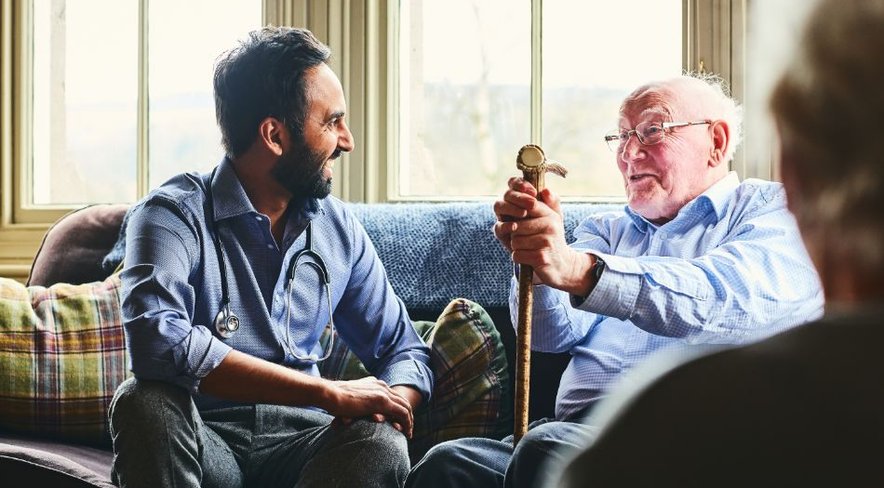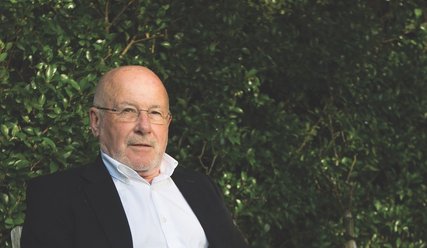Palliative care in New Zealand is critically ill
By Dr Catherine D’Souza, Palliative Care Specialist and Dr Bryan Betty, Medical Director of The Royal New Zealand College of General Practitioners- originally published in the NZ Herald
3 May 2022
Category: Clinical
Share
In our roles as a palliative care specialist and a general practitioner, we walk alongside people who are dying, and are privileged to care for them and their whānau.
It is hard to argue the importance of palliative care done well. Good palliative care has been described as ‘exquisite care’ – an attentive, responsive, and holistic approach to each person who is facing death. However, there are too many situations that highlight the repercussions of our under-pressure palliative care system. In some instances, due to under-resourcing, patients are not able to die with dignity.
A recent case of a woman in her 90s is an all-too-common scenario. Her daughter had set up her home to care for her mother until she died, as was her wish. Sadly, towards the end she developed some pain and required morphine. There were no doctors available at that time of night to make a house call, so she had to go to the Emergency Department to have it administered. She died in an ED cubicle a while later – not at all what she and her family had hoped for. This is as frustrating as it is sad.
The immediate problem is that 24-hour, 7-day-a-week care is meant to be available for dying patients. But it is not.”
And this sits squarely within a wider issue: that in New Zealand, there is no central plan for the funding of generalist or specialist palliative care, which leads to inequitable access. Put simply, the Government has not developed a fair palliative care system, and it is the dying patients and their whānau who are suffering because of it.
This kind of care takes time, and plenty of it. It can not be rushed. With the current system we have in New Zealand, far too many people are missing out on good palliative care. There will be patients who struggle unnecessarily with pain, or who die in an ED cubicle rather than at their home or in a hospice, because there are no doctors available after hours.

There are wonderful people providing palliative care; but, like all other health workforces, we need more. We care for over 20,000 patients a year, and many palliative care specialists are finding themselves caring for huge numbers of people over wide geographical locations. Despite this, and shockingly, there is not one person in the Ministry of Health or Te Whatu Ora who has specific responsibility for palliative care.
Specialist general practitioners are also facing serious issues in this area. The current 15-minute appointment is woefully inadequate for a palliative care related consultation, particularly when many of these appointments are home-based. So who pays for the extra time? We know many general practitioners end up volunteering their time, while other patients have to pay the extra costs. It is not a sustainable or fair way to deliver these crucial services.
Let us think about the flow-on effects. If general practitioners are not resourced properly, patients will eventually end up in hospital. They will not be easily discharged, because the community is so under-resourced. A palliative care patient on a medical ward ends up costing the health system even more.
The Ministry of Health has reported on palliative care in 2013, 2017, and 2021, and these reports have all contained excellent recommendations. To date, none have been properly implemented, despite the sector crying out for support. The lack of advocacy and support from the Government explains the difficulties that we are now facing.
We are asking for steps to be taken towards the resourcing and implementation of a fair, equitable, centrally-funded palliative care system. This includes funding that is not dependent on where people live; the training of more specialists; and ensuring that general practitioners have the appropriate support and training to provide this type of care.
These changes are possible. The groundwork has been laid for a long-time; but until the Government begins to take our pleas for real change seriously, the ‘exquisite’, expert, and vital palliative care that we offer in New Zealand will continue to be inaccessible for far too many people.
Originally published in the NZ Herald
